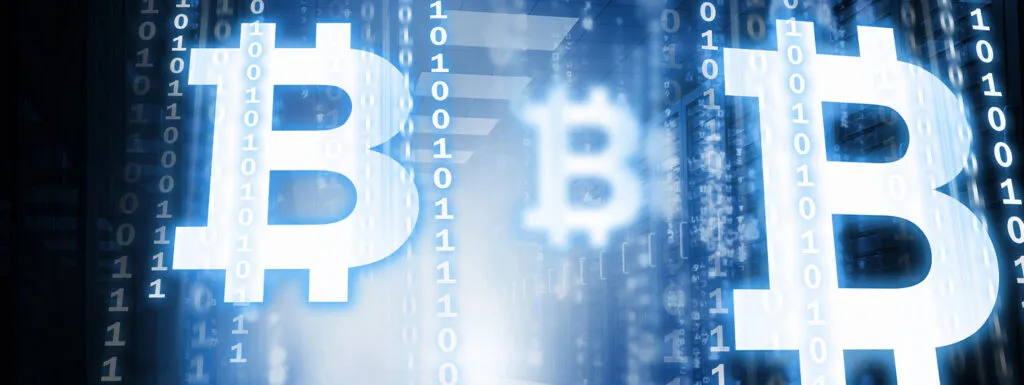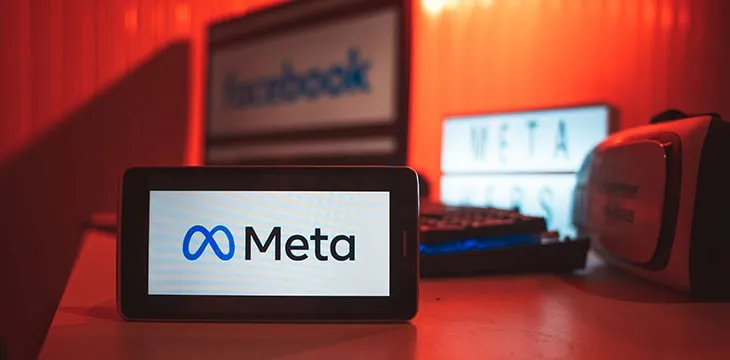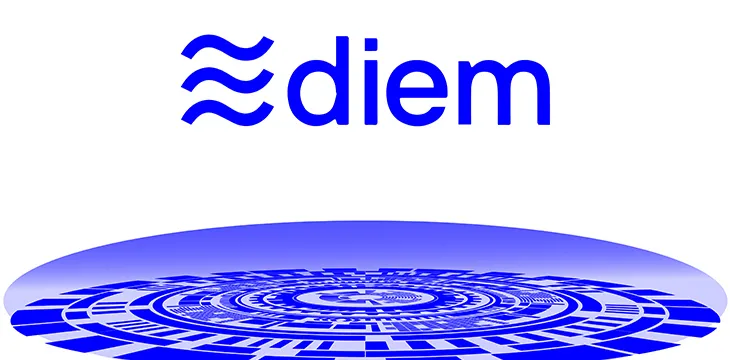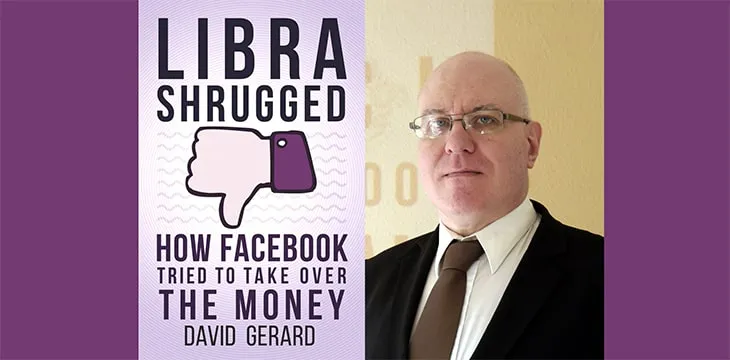
Libra
Last Week in Crypto: GENIUS Act fails; Meta’s stablecoin
In other news, the largest crypto acquisition to date occurred when Coinbase announced it had reached a deal to acquire...
AI, memecoins lead Q1 narratives; AI takes 57% of VC funds
Per CoinGecko's report, "crypto's" total market capitalization fell by 18.6% in Q1 after reaching a peak of $3.8 trillion in...
Milei’s memecoin mishap could ricochet back on White House
The memecoin chain scandal continues, with Argentina's Javier Milei following suit with LIBRA, which prompted the Anti-Corruption Office to open...
Meta pulls the plug on Novi, the last standing piece of Zuckerberg’s stablecoin dream
Novi users will lose all access to the wallet in September as Meta urges them to withdraw their funds, ending...
Diem not impressing Washington even with rebranding efforts: report
Facebook has faced an uphill task bringing regulators onboard with its Diem payment system, even after pouring millions into lobbying...
David Gerard: The birth pangs of Facebook’s crypto project
A staunch critic of Silicon Valley, writer and journalist David Gerard offers a stinging critique of Facebook’s cryptocurrency project.
Recent
Trending
Most Views

 07-08-2025
07-08-2025 





























